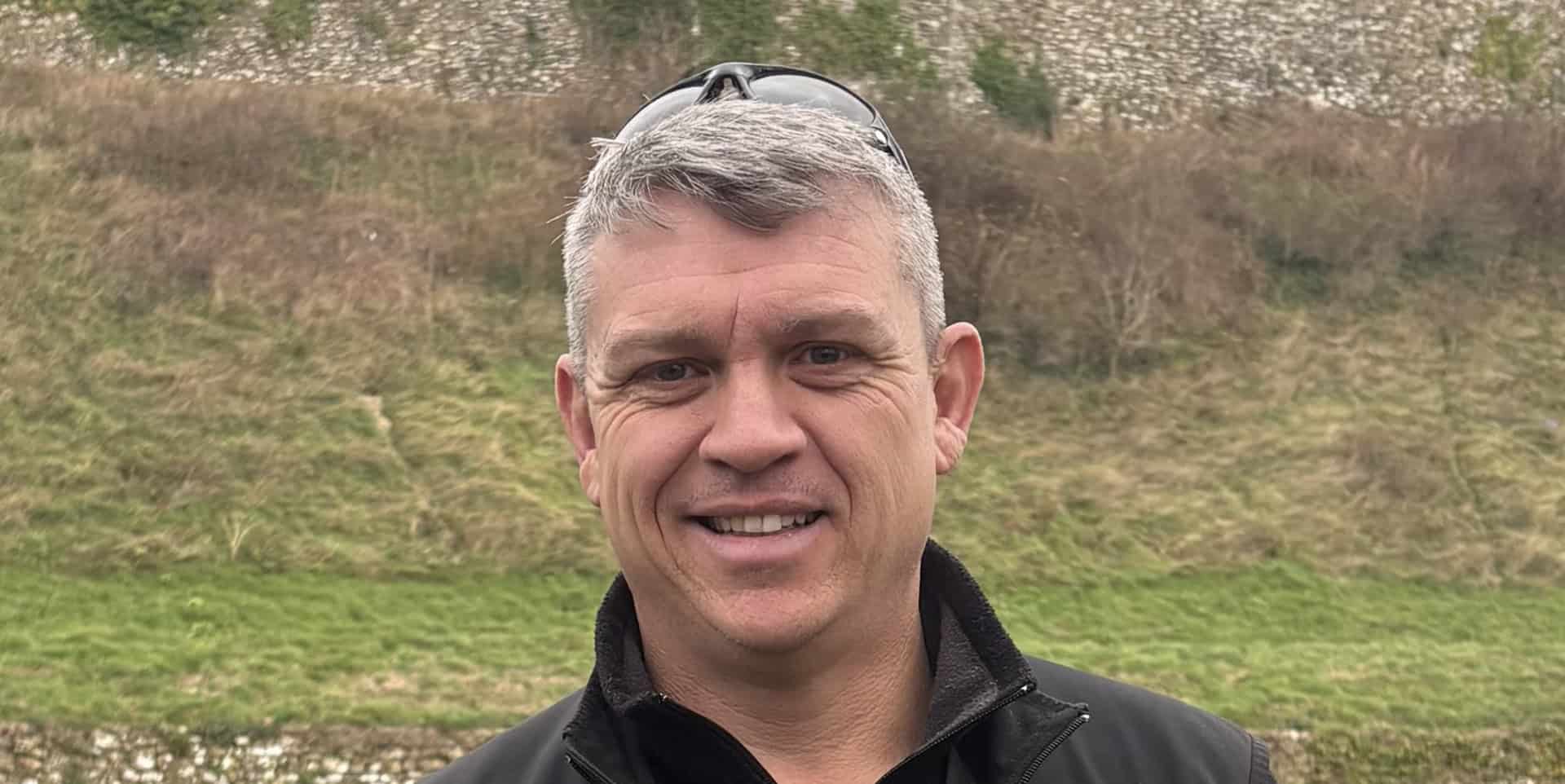Over the last 19+ years reporting on Isle of Wight news, a fair few articles have been about planning – it’s a subject that often brings passion. It’s clear that the wider understanding of the planning process isn’t strong – unsurprisingly, as without someone sitting down and explaining it, how do you get to understand it thoroughly?
Happily we met Ollie Boulter, the strategic manager for Planning and Infrastructure Delivery at the Isle of Wight council, when he was giving a talk at the Isle of Wight Society at one of their excellent events.
Changes are coming
Given the changes coming to the Island, both at the IW level through the recently-submitted Island Planning Strategy, but also from central government, with their desire for more houses to be built, we thought it would be worth delving into to find out more from the person overseeing it all.
Not long before Christmas we sat down for a conversation with Ollie, but given the breadth of the subject, we were chatting for two hours, so we’ve decided to split it into several digestible episodes – the first of which you can listen to below. Listening is best – We learnt lots and we hope Islanders will too.
What we learnt
During our conversation we learnt about Ollie’s Island background and why he’s here doing this role, starting with IWC in 2009, eventually reaching the top position ten years later.
In this first section we discovered some metrics about the department’s work, as well as exploring the process for how planning applications are assessed and considered.
What the role encompasses
Ollie’s very long job title comes with a huge remit – which includes overseeing the entire planning service, handling planning applications, as well as preparing local planning policies.
There’s also the planning enforcement team, which investigates alleged breaches of planning control, and the work could not be completed with the support of technical specialists like planning agricultural officers and planning ecologists.
As well as that, Ollie has oversight of the building control team, which ensures that buildings are safe and fit for purpose, especially important in light of the Grenfell Tower incident.
The infrastructure part of his portfolio includes green infrastructure, energy infrastructure, as well as communication infrastructure (broadband and phone lines). It doesn’t include the ferries, but does include the ferry terminals.
Island roots
Having been born and grown up on the Isle of Wight, Ollie left to pursue a degree and diploma in planning.
He returned to the Island in 2009 after working with other local authorities on the Mainland and held various planning roles before taking on his current position.
Balancing competing interests in planning
In our conversation, Ollie discusses the role of planning in balancing competing interests, including social, environmental and economic factors. He explains that the planning system aims for sustainable development, considering the needs of different stakeholders.
As well as this, he highlights the importance of making decisions that are lawful within the planning system and achieving the best possible outcomes for the Island.
Understanding planning applications
Emphasising the importance of helping people navigate the planning process and providing advice to ensure applications are as straightforward as possible, Ollie adds that planning is more of an art than a science and that no two applications are the same.
As well as lots of advice on the council’s website, there are walk-in sessions at Seaclose Park every Wednesday (between 2pm-5pm), where the public can ask planning officers for advice. This service is free of charge and helps residents understand what’s possible or permitted before they commission architects etc.
There’s also the paid pre-application service – which sometimes gets mistaken by those without an understanding of the process, as something nefarious. In fact this service, which is all totally above board, helps residents understand potential issues before submitting an application, and officers can also give more detailed advice in writing.
The process involves providing advice on the principles of a proposal and identifying any issues that need to be addressed. Ollie reinforced the importance of this service in helping applicants avoid costly mistakes and ensuring that applications are well-prepared.
Timescales
The council’s planning department handles a whopping 1,600 applications annually (the average for each year over the past five years), with a team of 13-14 officers (not all full time).
Eight weeks is the target for straightforward small-scale applications, 13 weeks is the target for the larger applications, and others that may need more detailed assessments such as environmental or ecological considerations are given a target of 16 weeks, from submission to decision.
It was great to hear that performance metrics at Isle of Wight council are very strong, with 91 per cent of major applications and 87 per cent of minor applications decided within their targets.
Tailing off of applications
Since Covid, Ollie explained there has been a tailing-off of applications, with a number of factors affecting small scale applications, as well as larger scale developments.
In 2024, the department has handled around 1,300 applications, still a large enough number to bring with it the challenge of managing a high volume of planning applications with a small team of officers, but a 20% reduction from previously.
Listen to the conversation
As mentioned above, we’ve split the two-hour conversation into several parts to make it easier for you to digest. You can listen to the Part One by clicking on the play button below. Using this player, you can also pause the recording, jump back 10 seconds or jump forward 30 seconds.

Continue to Part Two which covers an in-depth discussion on pre-applications, life of IWC planning officers and changes to the NPPF (National Planning Policy Framework) and Part Three.





